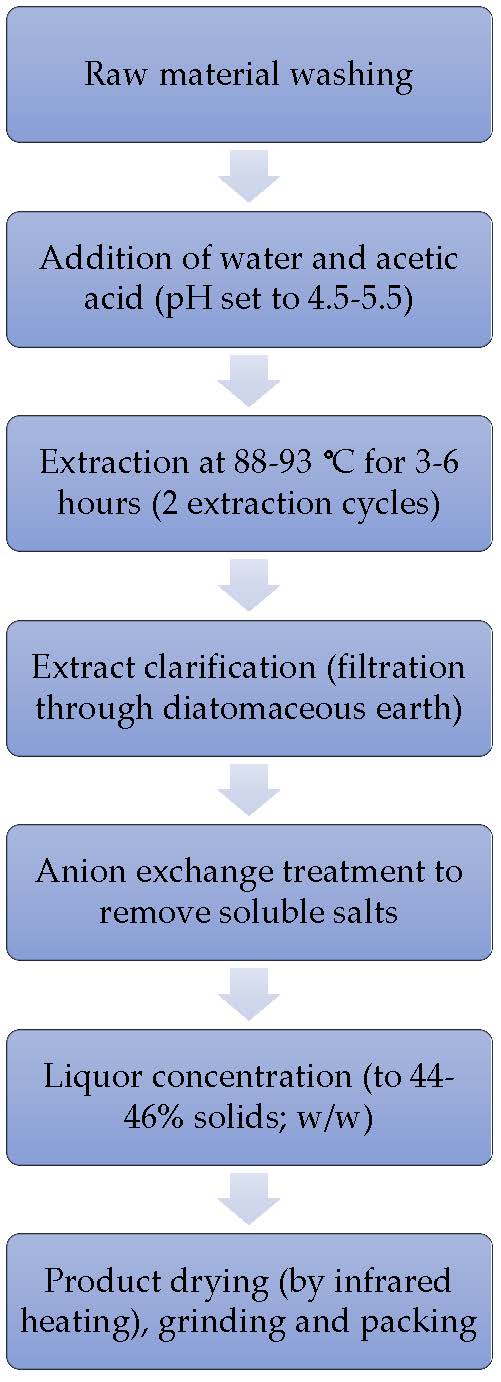In recent years, demand for consumption of marine foods, and especially fish, has substantially increased worldwide. The majority of collagen available is sourced from mammalian-derived products. Although fish derived gelatine is a viable alternative to mammalian sourced gelatine, there are some challenges related to the use of fish gelatine including odour, colour, gelling and film forming properties as well as consistency in gelatine amino acid composition. Chemicals used for pre-treatment, as well as extraction conditions such as temperature and time, can influence the length of polypeptide chains that result and the functional properties of the gelatine. Compared to mammalian sources, gelatines derived from fish show notable differences in physical and chemical properties, and great care should be paid to optimization of the production process in order to obtain a product with the best properties for intended applications. The focus of this review is to explore the feasibility of producing gelatine sourced from marine processing by-products using different pre-treatment and extraction strategies with the aim of improving the techno-functional properties of the final product and improving the clean-label status of gelatines. The bioactivities of gelatine hydrolysates are also discussed.

